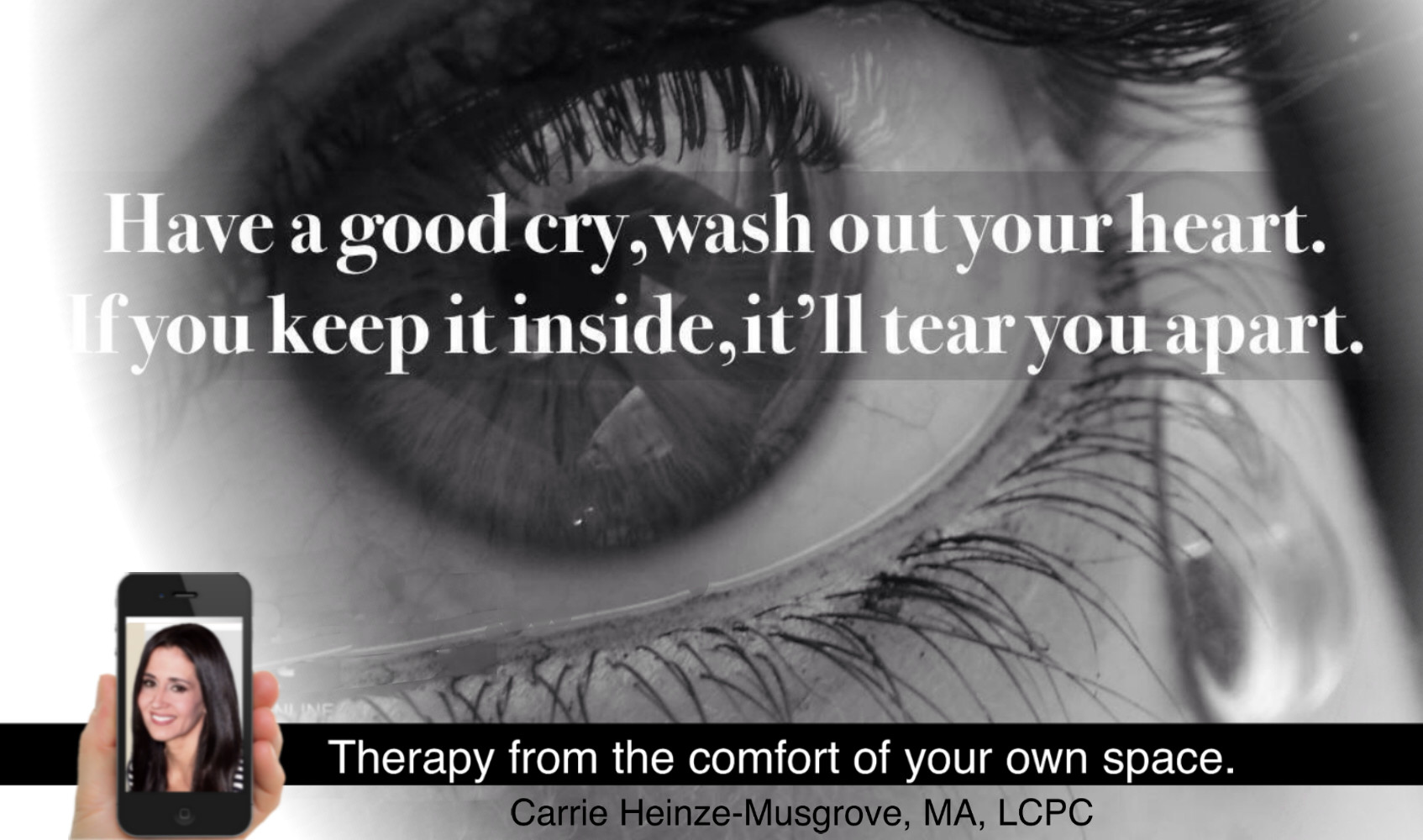Many of us have been taught to bottle our emotions. To stuff our feelings. To “suck it up”. To ignore how we feel. To be strong, confident and stoic on the outside, despite what we feel on the inside.
In our attempt to follow these questionable recommendations, we have become highly skilled actors. Intensely devoted to our craft. Immersing ourselves in make-believe and making certain to offer little to no indication of things hidden beneath the surface. In doing so, we begin to equate emotion with weakness; thereby avoiding it at all costs. We don’t want to be perceived as weak, upset, angry or emotional.
In order to avoid shame, disapproval or embarrassment, we go days, months or even years pretending that everything is fine with the people and situations that are stressing us out. But because few of us were taught how to understand and relate to our emotions in healthy ways, the theatrics continue.
Whether we believe it is a sign of weakness to show emotions, a sign of good manners to keep everything in, or a sign of strength to show constraint, or we are simply too insecure to express our feelings, what we know is this…
Repressed feelings and emotions don’t just go away on their own.
While we can attempt to keep emotions “down,” recent research shows that trying to do so comes at a cost. People with depression have a special talent for stuffing their feelings. Even if we think we look okay to others on the outside, our internal state is affected. Bottling our feelings manifests itself in depression, anxiety, physical ailments, illnesses and disease.
Suppressing your emotions is not a good long-term strategy. It takes a lot of energy to bury emotions and to keep them buried. There isn’t much energy left over for other activities or basic self-care when your energy is being used to keep stuffing these emotions back down.
A common way people justify bottling feelings is telling themselves that they will slowly dissolve or dissipate over time. Most likely this is completely wrong, but it’s a great excuse in the moment. It’s a great way to avoid confrontation. It’s a great attempt at rationalizing our destructive behaviors.
However, something has to give. So what typically ends up happening is you snap. You blow up. You damage relationships. There are times when the bottling overflows and you have a melt down. Undeserving people and innocent bystanders run the risk of being caught in the line of fire when you don’t know how to express yourself in more appropriate ways. Friends and family, partners and co-workers are typically the ones to bear the brunt of your frustration.
Learning why you have trouble expressing your feelings can go a long way into changing behaviors. Saying how you feel is something you can learn how to do through therapy. Acknowledging emotions, especially distressing ones, and airing them from time to time is an important component of mental health.
Imagine if we are given tools to manage feelings as they arise to constructively channel those energies? Therapy gives you the tools.
Carrie






